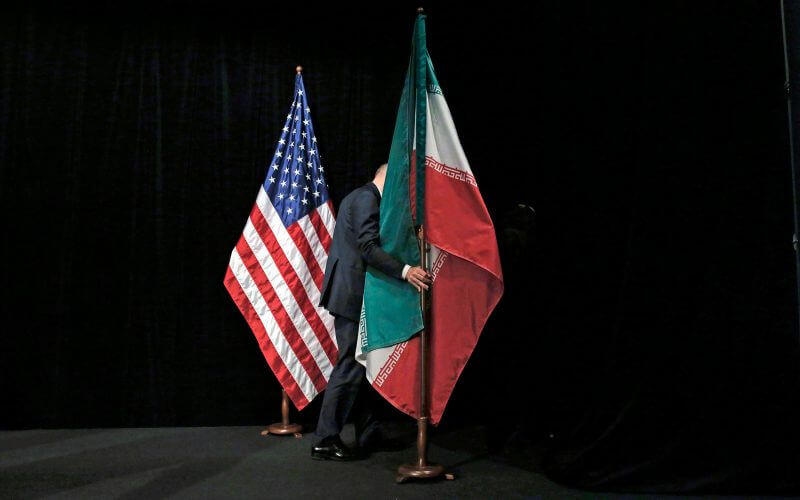In Vienna, the latest round of talks focused on saving the Iran Nuclear Deal have been said to have entered into their final stage, according to diplomats familiar with the negotiations. This comes after several failed attempts and more recently, after several weeks of intense diplomacy in Vienna aimng for the United States and Iran’s regime to return to the 2015-era Joint Comprehensive Plan for Action (JCPOA).
The latest round of talks adjourned Friday, and the European Union’s Enrique Mora, who is coordinating the talks, said that participants will return to their capitals for consultations before returning to Vienna next week, stressing that “political decisions are needed now.”
Diplomats from France, Britain, and Germany (collectively known as the E3), along with China and Russia, have been meeting in Vienna since last spring to try and bring about the restoration of the 2015 agreement headed by former President Barak Obama and from which President Donald Trump withdrew in 2018.
Iran has refused to negotiate directly with the U.S., requiring the E.U. to mediate indirect talks between the two nations. However, this week Iran suggested that it could negotiate directly with the U.S. if a “good agreement” and “strong guarantees” are reached.
The E3 has said that all sides of the talks are reaching “the final stage, which requires political decisions,” and that “January has been the most intensive period of these talks to date.”
Mikhail Ulyanov, the Russian representative who is often optimistic about the talks, has stated that “my instinct tells me that agreement will be reached soon after mid-February.”
The U.S. has warned that the window for return to JCPOA is rapidly closing, with State Department spokesperson Ned Prince saying that the window “is becoming narrower and narrower. I don't want to characterize precisely where we are beyond what you've heard us say during the course of this round, and that is to say that there has been some progress achieved. But if we are to get there, that progress needs to outpace the speed with which Tehran's nuclear program has moved forward, has advanced.”
U.S. Secretary of State Antony Blinken also warned of the diminishing opportunity, saying that “we're very, very close to the end of the runway on the ability to get back into this agreement because what's happened is, is Iran has been moving forward on its program.”
Key issues in the negotiations include the scope and the speed of lifting sanctions on Iran, including Iran’s demand for a guarantee that the U.S. will not violate the agreement again. Talks are also moving more slowly due to more technical details about how and when to restore curbs of Iran’s atomic work, as it has advanced significantly since the U.S. withdrew from the agreement









